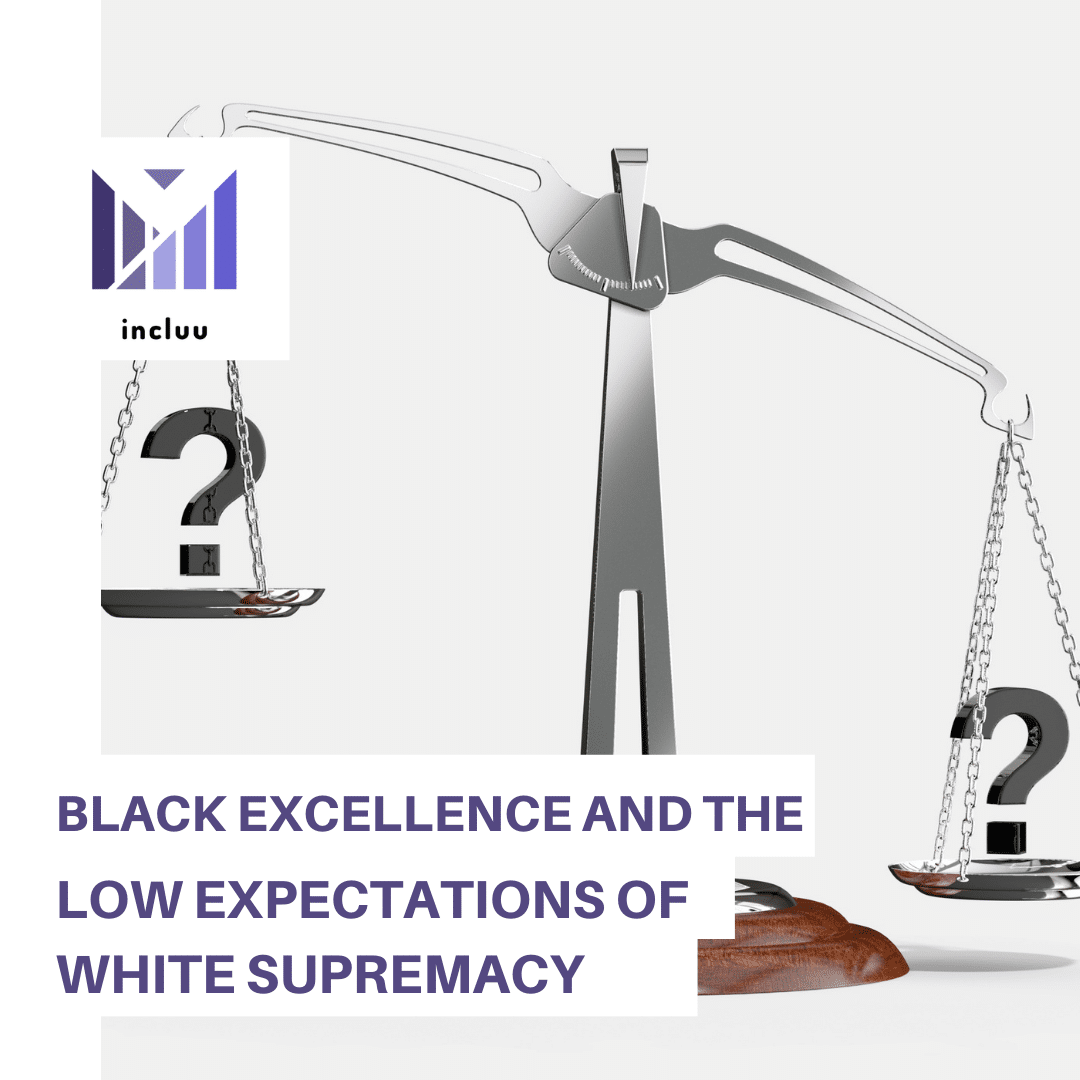Black people are plagued by Imposter Syndrome, questioning their own competency and self worth; 'Have I gained entry, or simply been allowed entry?' White people have deliberately set the bar low, yet maintain that BIPOC entry lowers it.
In the wake of George Floyd's murder, corporate America pledged to do better, saying it would diversify its leadership, encourage equity and take concrete actions to root out systemic racism. They revealed that while Black and Hispanic employees are often overrepresented as compared to U.S. census data on the nation's workforce among the technicians, administrative assistants and service workers, they are significantly underrepresented in managerial and executive ranks.
The Myth of Meritocracy
We're told that America is a meritocracy—that hard work and talent are rewarded regardless of background. But the data tells a different story. Identical resumes with 'white-sounding' names receive 50% more callbacks than those with 'Black-sounding' names. Black candidates with clean records are less likely to be hired than white candidates with felony convictions.
The system was never designed to recognize Black excellence. It was designed to suppress it. To steal it. To profit from it while denying its source. And when Black people succeed despite these barriers, the system explains away that success—affirmative action, diversity hire, lucky break—anything to avoid acknowledging that we earned our place.
The Double Bind
Black professionals face a cruel paradox. We're told we don't belong, then questioned when we prove we do. We're held to higher standards while being told we only got here because the standards were lowered. We're expected to be exceptional just to be considered adequate.
This is the soft bigotry of low expectations meeting the hard wall of systemic exclusion. White supremacy creates barriers, then blames those who struggle to overcome them. It demands excellence, then dismisses that excellence as affirmative action. It sets us up to fail, then points to our failure as proof of our inadequacy.
The psychological toll of this double bind is immense. Always performing. Always proving. Always wondering whether the criticism is about your work or your identity. Always carrying the weight of representing your entire race while being told you were only hired because of it.
Reclaiming Excellence
Black excellence has never been about meeting white standards. It's about thriving despite a system designed for our failure. It's about community, resilience, and the refusal to be diminished. The measure of our worth isn't determined by those who would exclude us.
Our ancestors built this country—literally, with their hands and their labor. They created art, music, culture, invention. They survived the unsurvivable. That is our inheritance. That is our excellence. And it doesn't need white validation to be real.
So to my Black colleagues: your imposter syndrome is a reasonable response to an unreasonable situation. You are not an imposter. You belong. Not because they let you in—but because you earned your place, against odds they can't begin to understand.
